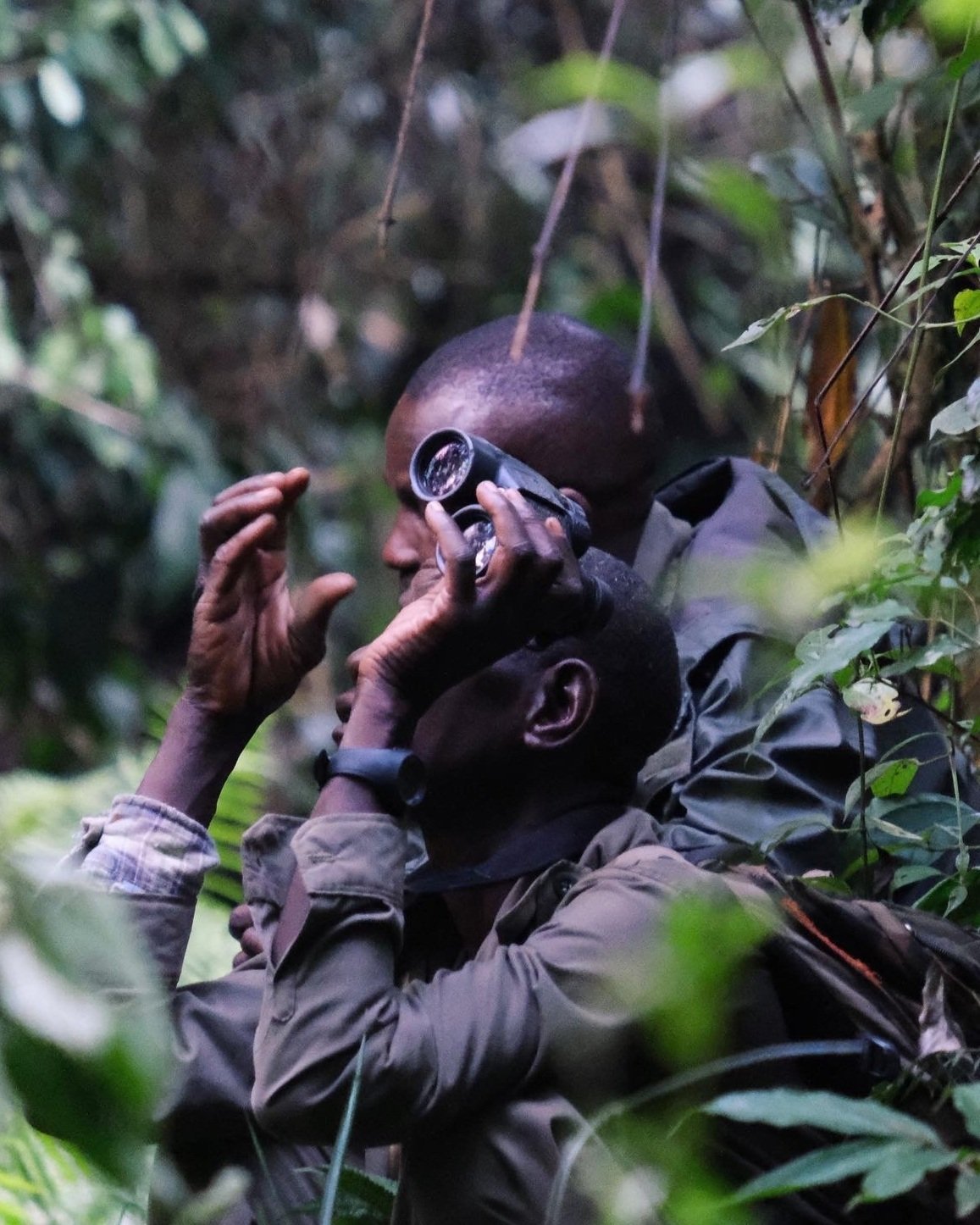
The Project
The nature of the problem
In 2008, the United Nations, supported by the IUCN, established the ‘Declaration of the Rights of Indigenous Peoples’, which aims to ensure full and effective participation of indigenous people in conservation initiatives. Yet, the voice of indigenous and local knowledge remains relatively quiet in primatology. This represents an enormous barrier to primate conservation, owing to both the resultant blind-spots in our knowledge of wild primates, and the fundamental social inequity that is ultimately responsible for this gap. In this project, we are developing a multi-media free-format online journal, ‘Perspectives’, to provide a venue for amplifying the voices of local and indigenous knowledge in primatology. By developing an independent platform for documenting and sharing forms of knowedge that fall outside of mainstream science, local people are empowered to make the type of contributions that they want to make, in the way they want to make them. In our work so far, this has culminated in a vibrant collection of group-written articles, individually written articles, video interviews and audio-recorded group discussions that capture aspects of wild primate reality that typically elude mainstream science. Ultimately, our aim is to make primatology as epistemically and socially inclusive as possible, which we believe is essential in meeting the challenge of primate conservation in the Anthropocene.
The importance of natural history
The professionalisation in the early 20th century saw the demise of the holistic perspectives on nature characteristic of natural history, and replaced it with a depersonalised mode of enquiry whose tools were increasingly experimental, mathematical, and technological. While a huge amount of insight about the natural world has been gained through contemporary science, the demise of natural history cast an enormous shadow upon the world – concealing any of its aspects that refused to bow to experimental methods, mathematical analysis, and technological apparatus. Given its bewildering complexity, this has created enormous gaps in our knowledge of the world. Moreover, since participation in professional science is locked behind educational, financial, and cultural barriers, the displacement of natural history has severed the connection between people at large and the world around them. To enrich our understanding of the world, and re-establish our connection to it, we advocate the resurrection of natural history.
Respecting local knowledge
Local knowledge is the backbone of scientific field research, yet the voice of local knowledge in mainstream academic discourse is almost silent. In many cases, scientific field research is essentially a translation of local knowledge into a format regarded as valid elsewhere. Unfortunately, the contribution of local knowledge often goes unacknowledged in journal publications. Further, even when the contribution of local knowledge is acknowledged, translating local knowledge into scientific knowledge fundamentally changes its unique character. Local knowledge sees the world through a lens that emerges through lived experience and cultural heritage. Science, on the other hand, demands us to look at the world as if we, the observer, did not exist. Excluding local knowledge in its original format and accepting only a translated version of it therefore excludes local communities from participation in academic discourse and deprives local communities of credit for their contribution. By respecting local knowledge we can enrich our understanding of the world, our place within it, and make the study of nature more socially equitable.
Getting the project started in Budongo
The project began at Budongo Conservation Field Station in August 2022. In our first meeting, we discussed the concept, and decided to meet every two weeks, on a Sunday afternoon, to work on a topic that we decided on as a group. We chose Sundays because all researchers work half days on Sundays at BCFS, meaning it was a time when everyone was available. At each meeting, we all ate lunch together, and then spent the afternoon having discussions and writing about topics that were collectively decided on. For group discussions, we would all sit around a table, place a microphone recorder in the middle, and have an open discussion, asking each other questions, sharing opinions, experiences, and debating. When we would write as a group, one person usually typed, with the screen projected onto a wall for all to see, while the rest of the group discussed and dictated what was to be written. In November 2022, Monday Mbotella was chosen to be the group leader. Ever since, the collective meets every other Sunday, and continues to write articles and have group discussions. The materials are then sent to our peer support team, who provide feedback, and are ultimately responsible for organising materials to be published on the journal website.
Future directions
The Perspectives Collective is a growing project. We hope to soon be active at multiple primate sites and field stations around the world, and welcome all who are interested in joining us. A key focus of the project is capacity building - finding ways to equip local staff with key skills such as computer literacy, video making, and different writing styles, to empower others to express their worldviews while developing skills that may be beneficial for the future. We welcome all who feel they have something to contribute in this way also. Our hope is that together, we can build a community of scientists and storytellers from diverse backgrounds, whose life experiences and expertise can shine light on the wonders of the natural world.
If you are interested in joining the collective or supporting this work as a peer supporter please reach out.




